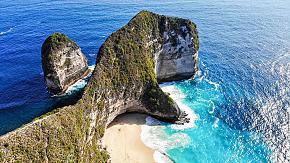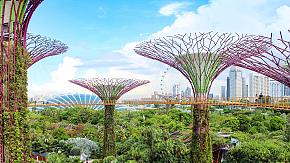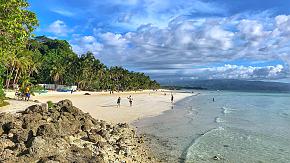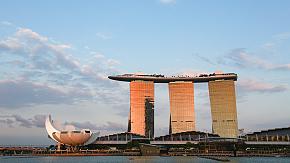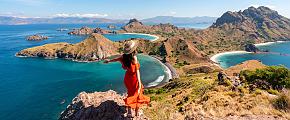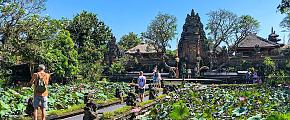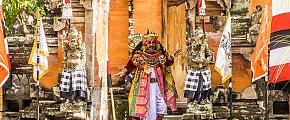First Time in Indonesia: Essential FAQs Before You Go
Are visas required for entry into Indonesia? What's the ideal time to visit? For first-timers traveling to Indonesia, questions abound. But fear not, below are the essential FAQs to take out of concerns about your upcoming Indonesia tour.
- Do I Need A Visa to Travel to Indonesia?
- Will There Be a Tourist Tax in Bali?
- When Is the Best Time to Visit Indonesia?
- How Many Days Are Ideal to Spend in Indonesia?
- What to Pack for My First Indonesia Tour?
- As A First-Timer, What Etiquette Should I Know?
- Do I Need Some Local Currency of IDR?
- How Does Tipping in Indonesia Work?
- Can I Drink the Tap Water?
- How About Food in Indonesia?
- Is It Safe to Visit Indonesia?
- Difference Between Kalimantan & Borneo
Do I Need A Visa to Travel to Indonesia?
Although a visa is required to enter Indonesia, the country, known for its tropical warmth, has implemented visitor-friendly policies. Most travelers from Western countries like the United States, the United Kingdom, Canada, and Austria can typically enjoy visa-free entry for up to 30 days. A passport with a minimum validity of 6 months is all you need to begin your first journey to Indonesia.
As far as obtaining a visa is concerned, you can benefit from the visa on arrival for IDR 500,000, paid in cash or by card, which is also valid for 30 days and can be extended once for a maximum of 30 days.
Will There Be a Tourist Tax in Bali?
Yes. The Bali Provincial Government introduced a new policy effective 14 February 2024, requiring all international (foreign) visitors to pay a tourist levy of IDR 150,000.
This levy is separate from the visa fee. Travelers can pay it at Bali’s I Gusti Ngurah Rai International Airport or designated seaports. Payment through the Love Bali website or app is also available.
When Is the Best Time to Visit Indonesia?
May to October presents the optimal window for exploring Indonesia, with the dry season offering delightful weather ideal for enjoying its stunning beaches, captivating islands, and the serene world beneath the azure water.
Although July and August mark the peak tourist season, the quieter periods of May to June and September to October are preferable for those seeking tranquility.
From November to April, occasional showers contribute to the humid temperatures that are ideal for urban sightseeing.
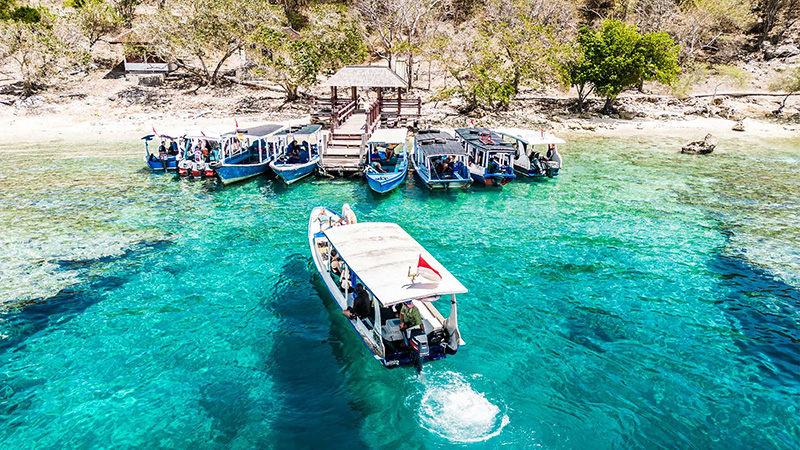 Visit Indonesia in Summer
Visit Indonesia in Summer
How Many Days Are Ideal to Spend in Indonesia?
As the first time visit to Indonesia, a 1-week itinerary is quite enough to take in the classic highlights of Indonesia, from the sunny beaches lapped by the gentle waves to those enchanting islands like Bali that give birth to the rich culture and arts.
If you want to make the most of your first visit with more detail to see at a leisurely pace, it is also advisable to extend your journey to 10 or 14 days. Most importantly, as a charming land with more than 17,000 islands, there is never too much time to spend in Indonesia since there is always much for your exploration.
What to Pack for My First Indonesia Tour?
In this tropical haven of abundant greenery and extensive coastlines dotted with myriad islands and beaches, opting for loose-fitting attire crafted from breathable fabrics is advisable. Long trousers and linen shirts serve not only to shield against the sun but also to respect dress codes when visiting temples or religious sites.
As well as sun protection, from sunglasses to umbrellas, it's also a good idea to pack some mosquito repellent, and waterproof bags for your cameras or cellphones, which are usually useful during your island hopping adventure.
Also, as a first-timer, don't forget to pack your adapter with you since most power plugs used in Indonesia are type C and F. Fully charging your power bank before your departure will always be helpful.
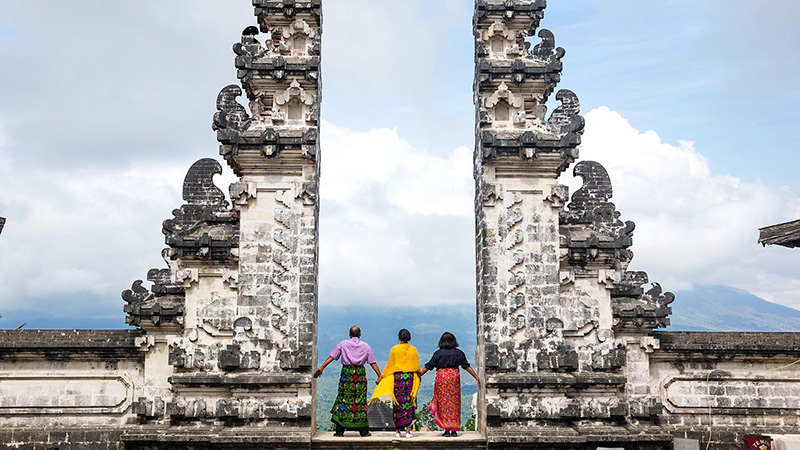 Loose Fitting is Always Recommended
Loose Fitting is Always Recommended
As A First-Timer, What Etiquette Should I Know?
The etiquette and culture in Indonesia may not be that obvious to first-time visitors. Pay attention to these pointers during your journey to Indonesia!
- While handing something or touching someone, try to avoid using your left hand.
- Order an appropriate amount of food, and if possible, finish your plate especially when guesting a local family.
- Prepare a gift for your host, which not only shows your respect but also your appreciation for their hospitality.
- A Conservative style of dress would be very helpful while visiting the local countryside, temples, and religious sites.
- Stay patient since there is a very relaxed stance on time in Indonesia, which means transport or restaurant service may not always be punctual.
Do I Need Some Local Currency of IDR?
It is always advisable to take some IDR with you when traveling to Indonesia, whether you are a first-time visitor or a seasoned traveler.
While cards and USD are widely accepted for large purchases in major cities, most restaurants, cafes, or shops prefer payment in local currency, especially when sampling local street food or visiting authentic shops. It is quite easy to find ATMs or money changers at the airports to change on your arrival. What's more, Carrying small changes is more helpful, not only for tips but also to save money by avoiding exchange charges.
How Does Tipping in Indonesia Work?
Although tipping is not customary in Indonesia, first-time visitors should be aware that a 10% service charge may be included in the bill at higher-end restaurants. For services such as spa treatments, hairdressing, tour guides, and drivers, a tip of around 10% of the total cost is appreciated.
Can I Drink the Tap Water?
To make your trip as stomach-friendly as possible, it's important to note that tap water in Indonesia should only be consumed if it has been thoroughly filtered or boiled. For convenience, it's best to stick to bottled water during your visit, and always remember to check the seal before consuming.
How About Food in Indonesia?
Cuisine in Indonesia is characterized by rich flavors with a multi-taste experience. Utilizing a blend of spices, sauces, and exotic cooking techniques, the food in Indonesia is widely accepted by travelers all around the world, no matter the young or elderly. Below are some of the dishes you won't want to miss when you come to visit Indonesia for the first time:
- Nasi Goreng: Means Fried Rice, but with various toppings you can choose from, including prawn, chicken, sausage, eggs, fresh seasonal vegetables, or any ingredient that can make you drool.
- Sate: The main barbecue dish is marinated meat such as beef, lamb, or chicken, grilled on bamboo skewers and served with a variety of sauces, one of the best things to pair with a nightcap.
- Soto: A local soup made from all kinds of vegetables with a fresh aroma, usually combined with different meats depending on the place you visit, so that each time you taste it, it is a new experience.
 Nasi Goreng
Nasi Goreng
Is It Safe to Visit Indonesia?
Considering it is a sound destination to travel through, there won't be many security issues you have to worry about on your first journey in Indonesia. However, always keep alert to your belongings like a bag, cell phone, wallet, and valuable jewelry.
What's the Difference Between Kalimantan & Borneo?
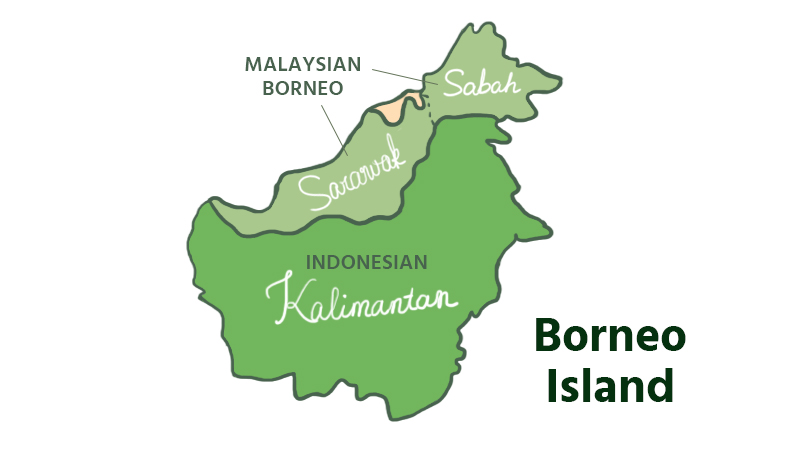 Map of Borneo
Map of Borneo
Both Kalimantan (the Indonesian language) and Borneo refer to the same tropical island, renowned for its lush rainforests and diverse wildlife. The island of Borneo is divided into three countries: Malaysia, Brunei, and Indonesia. While Kalimantan is the more commonly used term in Indonesian, it typically refers to the southern part of the island, whereas Borneo denotes the northern part, which belongs to Malaysia. If you are interested, explore further in the article below to learn more about these two destinations.
Don't be afraid to make mistakes, stay humble and polite, and show your apologies. Friendly and hospitable Indonesians are always happy to help you learn how to do things right.
Related Posts You May Like
What Our Clients Say
Explore the latest verified reviews of Odynovo's travel services on Tripadvisor, Google, Trustpilot, Product Review and more trusted platforms.

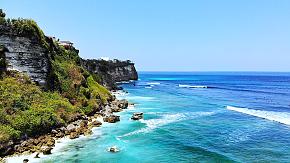
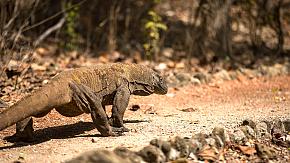
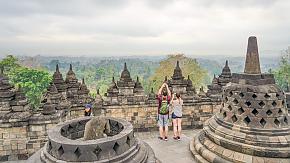
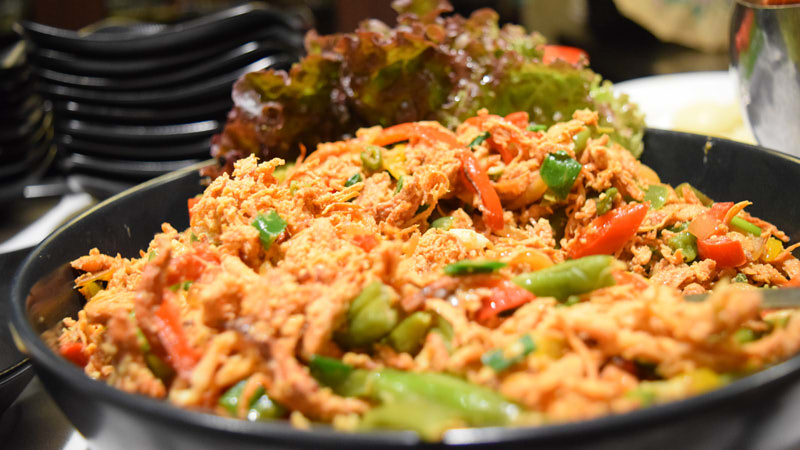 Nasi Goreng
Nasi Goreng
